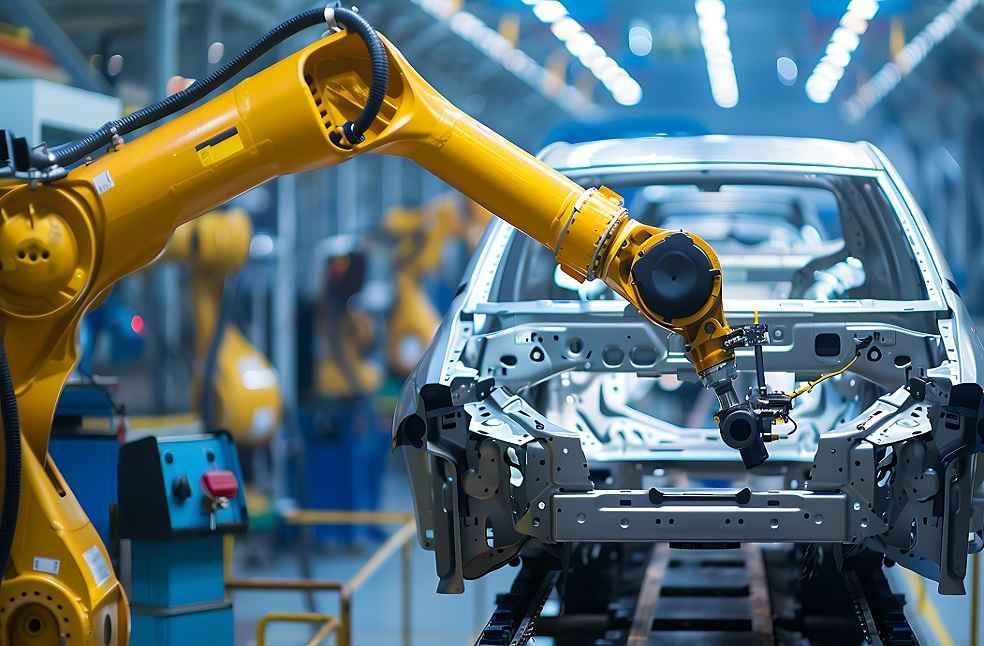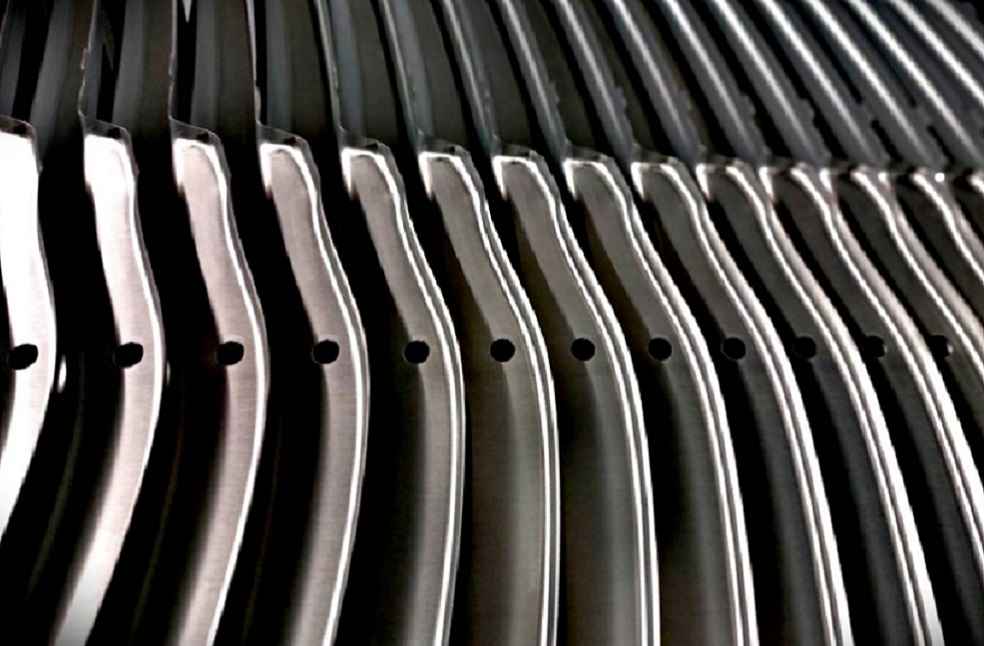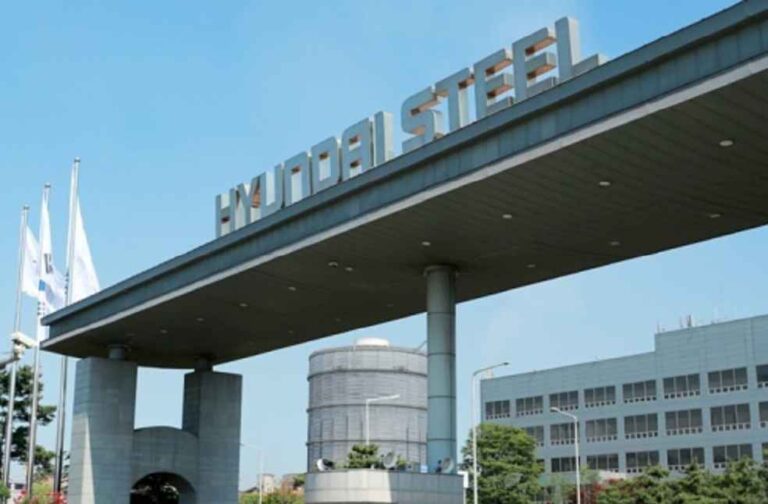Hyundai Steel has begun commercial production of third-generation steel plates for automobiles, marking the culmination of a decade of research and development. The company aims to strengthen its position in the global automotive market with the new materials, which are designed to balance both strength and formability, and sees the innovation as a key driver to navigate a prolonged downturn in the steel sector.
According to industry sources, on September 14, Hyundai Steel commenced production in June at its Dangjin Steelworks after upgrading cold-rolled heat treatment facilities. The company is currently conducting tests with leading global customers, including Hyundai Motor Group.
The third-generation steel plates are regarded as a breakthrough in overcoming the trade-off between strength and formability that has long challenged automakers. Traditionally, enhancing strength makes steel more difficult to process, while improving formability weakens structural integrity. Hyundai Steel’s new plates achieve both objectives by delivering higher strength and lighter weight without sacrificing workability.

The plates have a tensile strength of 1.2 gigapascals (GPa), surpassing existing products at 1 GPa, and achieve a 10% reduction in weight. Their applications include key vehicle body components such as roof sides, bumper beams, and front members. Analysts view the development as particularly well-suited to the electric vehicle era, where safety and lighter weight are essential to improve efficiency.
Hyundai Steel plans to supply the new steel plates initially to its affiliates, Hyundai Motor and Kia, before expanding to other global automakers. The company’s strategy is to establish trust in the material within its group before diversifying to overseas customers. Hyundai Steel’s share of sales to global automotive customers rose from 10% in 2018 to 19% in 2023, and it has set a target of 30% by 2030. The company also opened a European sales office last year to enhance its global outreach.
POSCO, another major South Korean steelmaker, is also accelerating its move into the automotive materials market. The company is already mass-producing third-generation giga steel with tensile strength of up to 1.18 GPa and is developing next-generation products with 1.47 GPa strength. At the same time, POSCO is expanding its leadership in electrical steel plates for electric vehicle drive motors.

Following a 1 trillion won investment, POSCO has scaled up production of high-efficiency non-oriented electrical steel plates, branded Hyper NO, which reduce power loss in motor iron cores by over 30%. These materials significantly enhance driving range and efficiency for electric vehicles. The company has also advanced motor technology with proprietary lamination processes, including the M-PREE method and self-bonding technology, which help minimize noise and vibration.
These innovations have already translated into major contracts. POSCO International recently signed a strategic long-term agreement with a North American electric vehicle maker to supply motor cores for three million vehicles, with the deal valued at more than 600 billion won.
Industry officials note that while demand in construction remains weak, the automotive sector continues to grow steadily. With South Korea’s steelmakers advancing differentiated technologies in automotive steel plates, it is difficult for Japanese or Chinese competitors to replicate.
AUTO TECH | Google Gemini Nano Banana Brings 3D Boost to Auto Marketing





